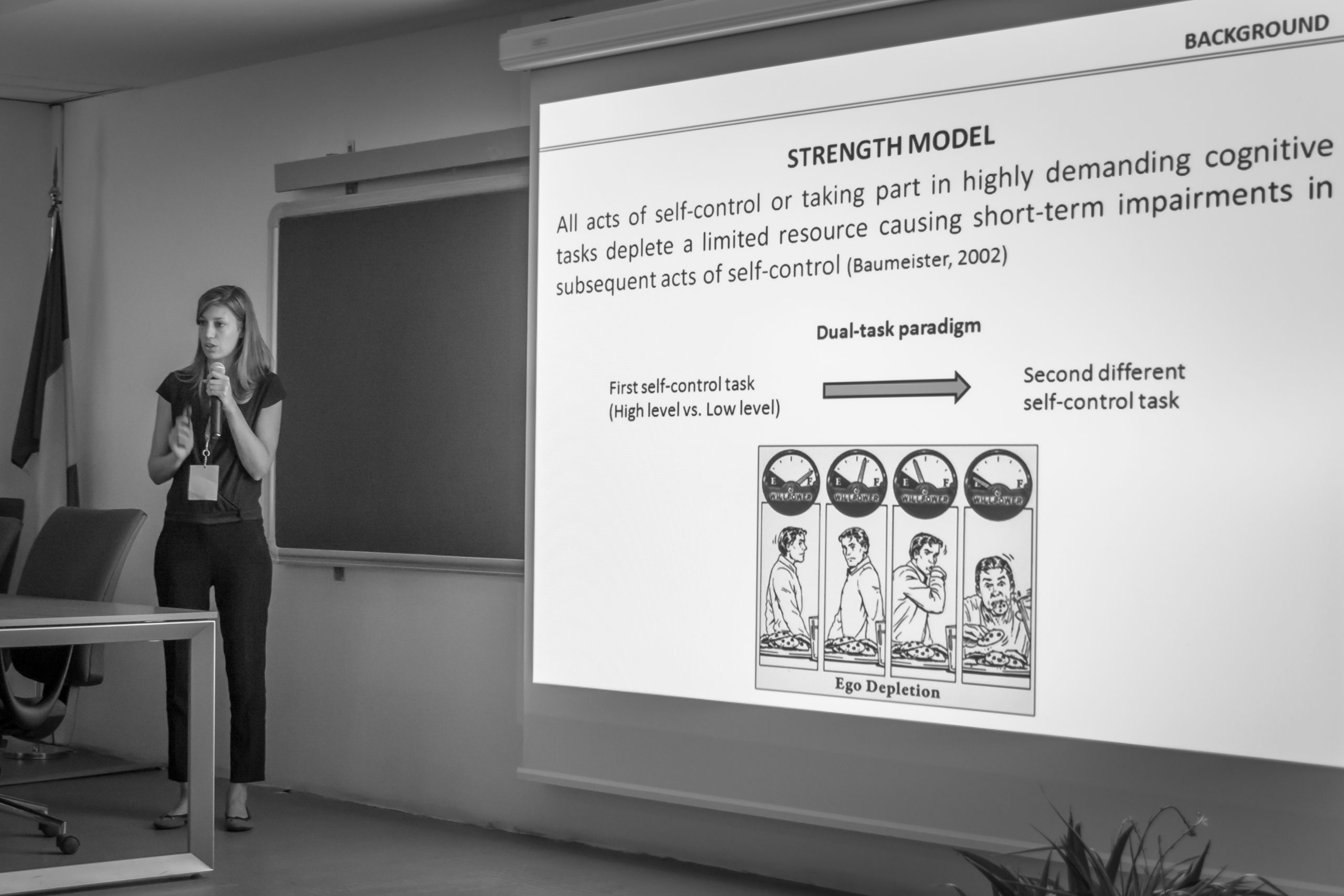Lifelong Learner
Open Resources for Nursing (Open RN)
After graduating, passing the NCLEX-RN, and obtaining your first nursing position, your learning as a nurse has just begun. The first year of your nursing career is a continual process of transitional stages and experiential learning and is the beginning of lifelong learning as a nurse. Lifelong learning can be achieved through a variety of methods, such as obtaining additional nursing degrees, acquiring certifications, joining professional organizations, attending conferences and workshops, and staying up-to-date on current evidence-based practices by reading nursing literature and other research.
Advanced Nursing Degrees
After obtaining an RN license, there are many opportunities to advance your education through accredited schools of nursing. Many health care organizations encourage nurses to obtain higher degrees and provide tuition reimbursement for a BSN and other advanced degrees.
Baccalaureate Degree in Nursing
Many hospitals hire nurses with an Associate’s Degree in Nursing (ADN) on a condition they complete their Baccalaureate Degree in Nursing (BSN) within a specific time frame.
Master’s Degree in Nursing
A Master’s of Science in Nursing Degree (MSN) requires additional credits and years of schooling beyond the BSN. There are a variety of degree options, including, but not limited to, Nurse Educator, Advanced Practice Nurse (APRN), Informatics, Leadership, and Clinical Educators.
Doctoral Degrees in Nursing
Doctoral nursing degrees include the Doctor of Philosophy in Nursing (PhD) and the Doctor of Nursing Practice (DNP). PhD-prepared nurses complete doctoral work that is focused on research. They often teach in a university setting and/or conduct research. DNP-prepared nurses complete doctoral work that is focused on clinical nursing practice. They typically have work roles in advanced nursing practice, clinical leadership, or academic settings.
Advanced Practice Nurses
Advanced Practice Nurses (APRN) are defined by the NCSBN as an RN who has a graduate degree and advanced knowledge. There are four categories of Advanced Practice Nurses: certified nurse-midwife (CNM), clinical nurse specialist (CNS), certified nurse practitioner (CNP), and certified registered nurse anesthetist (CRNA). APRNs can diagnose illnesses and prescribe treatments and medications. Additional information about advanced nursing degrees and roles is provided in the box below.[1]
Nurse Practitioners: Nurse practitioners (NPs) work in a variety of settings and complete physical examinations, diagnose and treat common acute illness, manage chronic illnesses, order laboratory and diagnostic tests, prescribe medications and other therapies, provide health teaching and supportive counseling with an emphasis on prevention of illness and health maintenance, and refer patients to other health professionals and specialists as needed. In many states, NPs can function independently and manage their own clinics, whereas in other states physician supervision is required. NP certifications include, but are not limited to, Family Practice, Adult-Gerontology Primary Care, Adult-Gerontology Acute Care, and Psychiatric/Mental Health.
To read more about NP certification, visit Nursing World’s Our Certifications web page.
Clinical Nurse Specialists: Clinical Nurse Specialists (CNS) practice in a variety of health care environments and participate in mentoring other nurses, case management, research, designing and conducting quality improvement programs, and serving as educators and consultants. Specialty areas include, but are not limited to, Adult/Gerontology, Pediatrics, and Neonatal.
To read more about CNS certification, visit NACNS’s What is a CNS? web page.
Certified Registered Nurse Anesthetists: Certified Registered Nurse Anesthetists (CRNAs) administer anesthesia and related care before, during, and after surgical, therapeutic, diagnostic, and obstetrical procedures, as well as provide airway management during medical emergencies. CRNAs deliver more than 65 percent of all anesthetics to patients in the United States. Practice settings include operating rooms, dental offices, and outpatient surgical centers.
To read more about CRNA certification, visit NBCRNA’s website.
Certified Nurse Midwives: Certified Nurse Midwives (CNM) provide gynecological exams, family planning advice, prenatal care, management of low-risk labor and delivery, and neonatal care. Practice settings include hospitals, birthing centers, community clinics, and patient homes.
To read more about CNM certification, visit AMCB Midwife’s website.
Specialty Certifications
Acquiring nursing specialty certification is a way to demonstrate expertise. National certifications have various requirements, but most require continuing education credits and successful completion of a national examination. After successfully obtaining a specialty certification, additional credentials are displayed after “RN” in a nurse’s signature. See Table 11.6 for a list of common specialty certifications and their associated credentials.
Table 11.6 Nursing Specialty Certification
| Certification | Credentials |
|---|---|
| Critical Care Nursing | CCRN |
| Certified Nurse Educator | CNE |
| Oncology Certified Nurse | ONC |
| Stroke Certified Registered Nurse | SCRN |
| Trauma Certified Registered Nurse | TCRN |
| Surgical Nurse | CORN |
| Nursing Professional Development | NPD-BC |
Read more about specialty ANCC nursing certifications.
Professional Organizations
Joining a local, state or national nursing organization is a way to connect with other RNs and promote continued professional growth. The largest national organization is the American Nurses Association (ANA). The ANA provides RN members with the following benefits:
- Advance your career with free development resources and webinars.
- Stay current with the most up-to-date nursing news.
- Save money with big discounts on continuing education (CE), certification, publications, and more.
- Network and connect with Registered Nurses (RN) for support and advice.
- Make your voice heard with opportunities to tell policymakers what you think.
- Receive state nurse association member benefits.
In addition to the ANA, each state has their own state nursing association.
Read more about joining the American Nurses Association and your state Nursing Association on the ANA website.
Attending Conferences and Workshops
Regularly attending nursing conferences and workshops is an excellent way to maintain current, evidence-based knowledge and continue to provide safe, quality nursing care. Many opportunities exist for these types of experiences provided by local health care agencies, state nursing associations, or national conferences. Joining local, state, and national nursing organizations is the best way to be aware of upcoming conferences and workshops. See Figure 11.7[2] for an illustration of a lifelong learner and leader.

Nursing Journals
There are many nursing journals that you can access electronically or have delivered to your home to read regularly.
Read more about staying current on evidence-based practices in the “Quality and Evidence-Based Practice” chapter.
- Institute of Medicine. (2011). The future of nursing: Leading change, advancing health. National Academies Press. https://doi.org/10.17226/12956 ↵
- “EFP_2015_speaker_II.jpg” by Adrian Soldati is licensed under CC BY-SA 4.0 ↵

